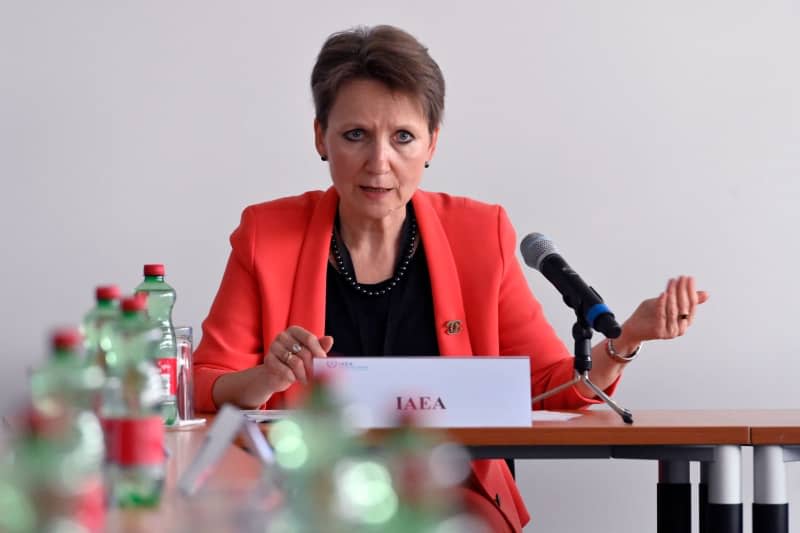IAEA says radioactive material lost or stolen 168 times in 2023

The International Atomic Energy Agency (IAEA) is calling for better protection for radioactive material while it is being transported.
Last year, 31 countries reported a total of 168 cases in which radioactive materials were stolen, lost or otherwise fell into the wrong hands.
The figures were published by the IAEA on Monday at the start of a nuclear safety conference in Vienna, and are in line with the long-term average. There have been more than 4,200 such incidents in total since records began in 1993.
The IAEA, which serves as the UN's nuclear watchdog, says more than half of all thefts of radioactive material occur during transport. This often involves irradiated metal waste, technical equipment fitted with radiation sources or medical goods.
Elena Buglova, head of the IAEA's Nuclear Security Division, warned that their figures showed that nuclear and other radioactive material "remain vulnerable to security threats during transport." This, she said, highlighted "the ongoing importance of strengthening transport security measures."
However, the IAEA believes criminality is very rarely clearly involved when such hazardous material disappears. Last year, only six incidents were linked to illegal trafficking or criminal intent. In most of the other cases, radioactive materials were disposed of or transported without the appropriate authorization, for example.
In recent years, the IAEA has recorded only a handful of criminal incidents, while the number of non-criminal cases has continued to rise since the early 2000s.

